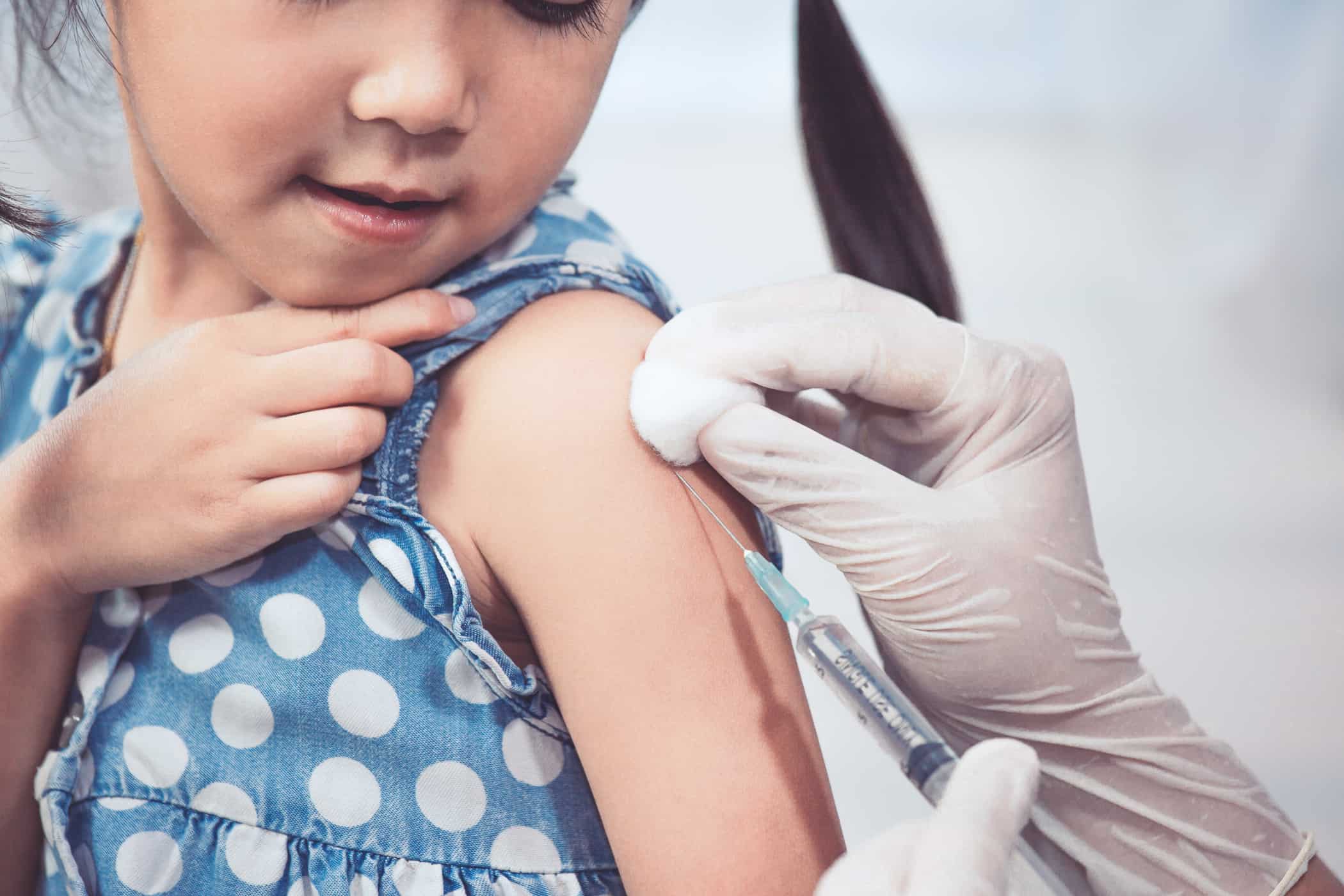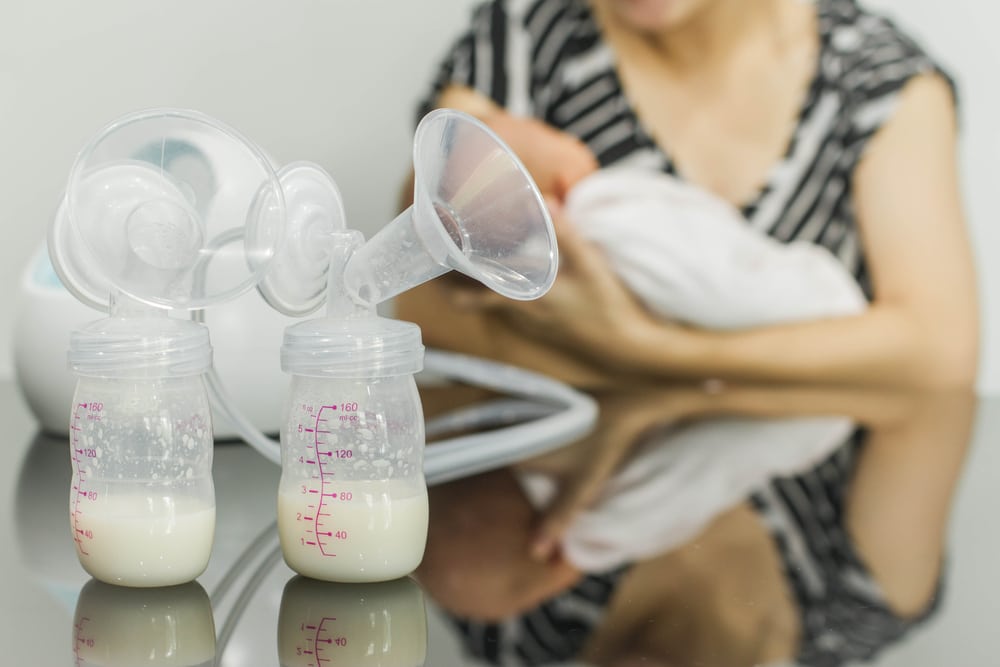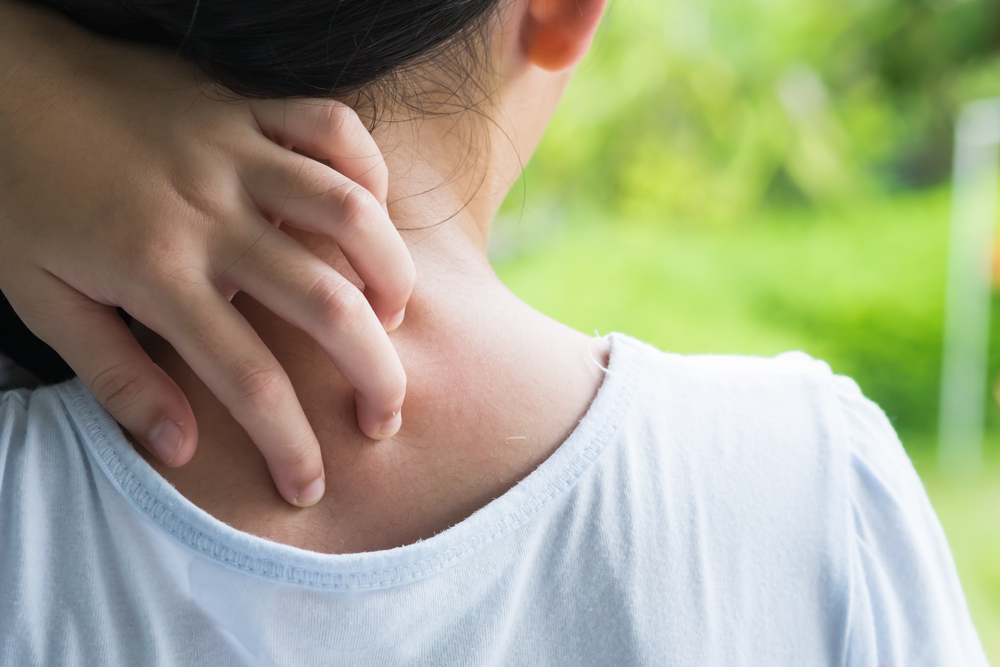Contents:
- Medical Video: June 2018 ACIP Meeting - Japanese Encephalitis Vaccine
- Overview of Japanese encephalitis infections in Indonesia
- How the Japanese encephalitis vaccine works
- Who needs a Japanese encephalitis vaccine?
- Possible side effects after performing a Japanese encephalitis vaccine
Medical Video: June 2018 ACIP Meeting - Japanese Encephalitis Vaccine
Indonesia is one of many Asian countries that are endemic areas of Japanese encephalitis infection. Humans can contract Japanese encephalitis if bitten by a mosquitoCulex tritaeniorhynchusinfected with the virus. Japanese encephalitis can cause paralysis to death if treated late. Unfortunately, until now there is no cure for Japanese encephalitis. A guaranteed countermeasure that can prevent the spread of infection is through the Japanese encephalitis vaccine.Then, who needs this vaccine?
Overview of Japanese encephalitis infections in Indonesia
Nearly 70 percent of infections in Japanese encephalitis in 2016 occurred in Bali. Mosquito Culex tritaeniorhynchus there are many in rice fields, irrigation areas, and pig farms. The risk of the spread of Japanese encephalitis in humans usually increases in the rainy season and at night.
Most cases of Japanese encephalitis have no significant symptoms. In some people, symptoms can appear 5-15 days after being bitten by a mosquito infected with a virus. Early symptoms that appear can be fever, chills, headache, weakness, nausea, and vomiting.
It is rare for Japanese encephalitis sufferers to show severe symptoms. Even so, the symptoms of a severe infection can be characterized by inflammation of the brain (encephalitis), which is accompanied by sudden high fever, headaches, stiff neck, disorientation (dazed; confusion, coma, convulsions, to paralysis). The most difficult complication is death, which occurs in 20-30% of cases of encephalitis.
How the Japanese encephalitis vaccine works
Just like vaccines for other infectious diseases, Japanese encephalitis vaccines function to protect you from illness before being completely infected. The vaccine is made from Japanese encephalitis virus which is turned off, aiming to trigger the body's immune system response by forming antibodies. These antibodies will fight the virus before it spreads and causes disease.
This vaccine needs to be given 2 times, with the distance between vaccine administration per 28 days. The booster vaccine can be given to adults (> 17 years) at least a year after 2 doses of the vaccine.
Who needs a Japanese encephalitis vaccine?
Japanese encephalitis vaccine has begun to be given to infants aged 2-12 months. Even so, older children and adults who have never been vaccinated when babies are still highly recommended to get this vaccine as soon as possible.
In addition to people living in Japanese encephalitis endemic areas, bHere are some groups of people who are recommended to do Japanese encephalitis vaccines:
- Tourists from abroad or from outside the city (non-endemic) who will stay for more than 1 month in the endemic area.
- Tourists who settle for less than 1 month and often visit the area where the virus develops.
Giving Japanese encephalitis vaccine should be done within 10 days before departure.
However, if you and your family do not plan to travel to endemic areas, then you really don't need to do this vaccine. Pregnant women are also not advised to get this vaccine during pregnancy.
Possible side effects after performing a Japanese encephalitis vaccine
Just like other types of drugs, this vaccine has side effects that might occur, such as:
- Pain, redness of the skin, and swelling in the injected area of the vaccine
- Fever, this is usually experienced by many children. However, in most cases, this is not a dangerous thing.
- Headaches and muscle aches, this usually occurs in adults.
If your child experiences excessive side effects, then consult a doctor immediately to find out more.
Also make sure you and your family members do not have allergies to the Japanese encephalitis vaccine before getting it.












